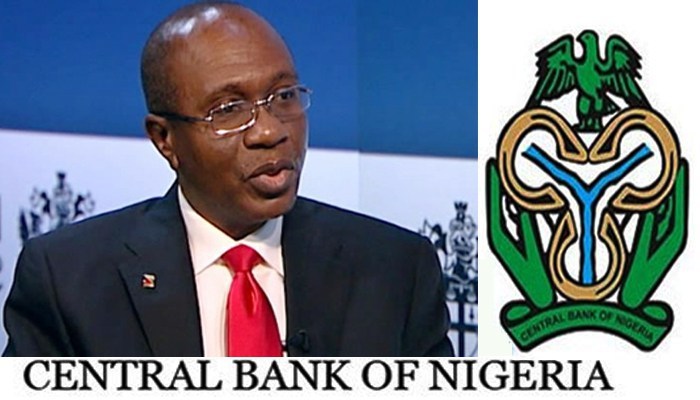
- increases capital base for Microfinance banks by 900%
- retains benchmark rate at 13.5%, raises CRR
The Central Bank of Nigeria (CBN) on Friday expressed worry about the Federal Government’s rising debt profile.
The CBN Governor, Mr. Godwin Emefiele, while briefing journalists after the CBN’s Monetary Policy Committee (MPC) meeting, called for dampers to be put in place in a bid to subdue the adverse effects of oil price decline on the economy.
The Debt Management Office (DMO) has last Friday, through Patience Oniha – its Director General – said that the country’s public debt stood at N26.215 trillion at Q3 2019.
Emefiele observed that there was room for economic expansion in 2020 with the CBN putting its growth projection at 2.35 per cent compared to the 2.1 per cent set by the World Bank and the 2.5 per cent forecast by the International Monetary Fund (IMF).
Though Emefiele remarked that the projections were premised on improved credit flow to the real sector, implementation of the Economic Recovery and Growth Plan (ERGP) and the CBN intervention in agriculture and the MSME, he expressed worry that the economy was facing a number of threats.
These he identified as insecurity, absence of fiscal buffers, escalating debt profile, dilapidated infrastructure and weak private sector investment.
The MPC enjoined the FG to cut down dependence on oil receipts and broaden its revenue sources by reforming the tax system.
Emefiele said “the MPC, however, cautioned that public debt was rising faster than both domestic and external revenue, noting the need to tread cautiously in interpreting the debt to GDP ratio.
“The committee also noted the rising burden of debt services and urged the fiscal authorities to strongly consider building buffers by not sharing all the proceeds from the Federation Account at the monthly Federation Account Allocation Committee meetings to avert a macroeconomic downturn, in the event of an oil price shock.
“It urged government to gradually reduce reliance on oil receipts and focus on revenue diversification through reforms of the tax system.”
The MPC retained all its monetary rates with exception of its Cash Reserves Ratio (CRR), which it upped from 22.5 per cent to 27.5 per cent.
According to Emefiele, the committee did this in order to curb the rising level of inflation in the country, which according to the National Bureau of Statistics hit 11.98 per cent in December 2019.
CRR refers to the given minimum fraction of the total deposits of customers, which commercial banks are required to hold as reserves either in cash or as deposits with the central bank.
CRR is often used to keep inflation under control by mopping up excess liquidity in the financial system.






